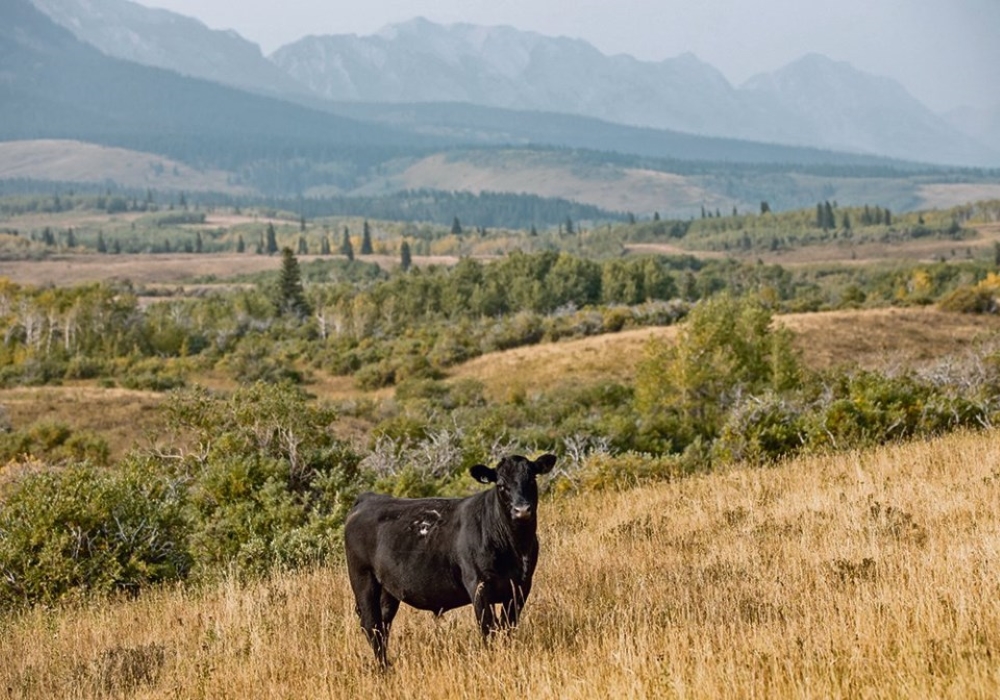WESTERN PRODUCER – Looming changes to Canada’s capital gains inclusion rates will increase average taxes by 30 per cent on the country’s family-run grain farms, putting their futures at risk, according to research conducted by the Grain Growers of Canada (GGC).
“Our research shows that an average grain farm in Canada, most of which are family owned and operated, will see a tax increase of 30 per cent due to the two-thirds capital gains inclusion rate,” said Kyle Larkin, Executive Director of GGC in a news release, adding “this hike targets farmers’ retirement plans, complicates intergenerational transfers, and threatens the long-term viability of family farms across the country.”
The 2024 federal budget proposed several key changes to the way capital gains are taxed in Canada:
- After June 25, 2024, any capital gains up to C$250,000 remain subject to the normal 50 per cent inclusion rate, however, gains above C$250,000 will be subject to a new 66.67 per cent inclusion rate for individuals.
- All capital gains generated through a corporation will be subject to a 66.67 per cent inclusion rate.
- The lifetime capital gains exemption for eligible property increases from $1,016,836 to $1,250,000.

Since many family-run grain farms are structured as corporations, family members can become shareholders in the corporation. During the sale of a farm, shareholders can each use their lifetime capital gains exemption upon the sale of their shares. While the combination of two lifetime capital gain exemptions would help reduce the taxes owing by each individual, ultimately the proposed changes will still result in a substantial increase in taxes, according to the GGC research.
In examples provided by the GGC, an 800-acre farm purchased in 1996 in Ontario would incur nearly C$1.2 million in additional taxes if sold today, while a 4,000-acre farm in Saskatchewan would face an increase of just over C$900,000.
“With over 40 per cent of farmers nearing retirement over the next decade, this tax increase introduces substantial uncertainty into their retirement planning,” said Andre Harpe, GGC Chair and Alberta grain farmer in the release. “Despite Budget 2024’s title of ‘Fairness for Every Generation,’ this change will actually burden the next generation of farmers, who are already grappling with costly transfers.”
With the higher taxes leading to increased costs for transferring a farm to the next generation, “this puts the family farm at risk, as the only ones that will be able to afford to pay millions of extra dollars will either be corporate farms or development companies,” said Larkin.
Already, Canada is experiencing a decline in family-owned farms, with a two per cent decrease between 2016 and 2021, according to the most recent data from Statistics Canada.
“To protect family farms, we are asking the government to exempt intergenerational transfers and allow them to be taxed at the original capital gains inclusion rate,” said Larkin. “This will ensure that farmers’ retirement plans remain secure and that the next generation can afford to take over, enabling family farms to continue being the backbone of Canada’s agriculture sector.”








